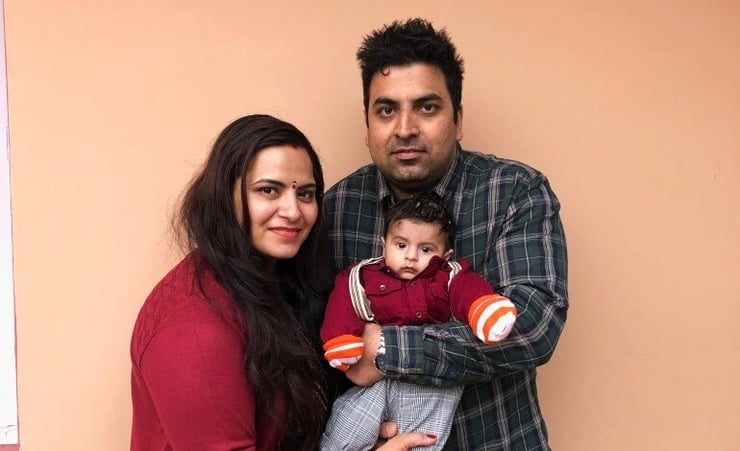Clearing the clutter on partnership visa issues: What do you need to know?

Effectively now there will be three visa options available for partners of not only Kiwi citizens and residents, but also those on temporary visas to come to New Zealand.
- Partnership Visa
- Culturally Arranged Marriage Visa
- A General Visitor Visa
This is a new development, which has not been previously explained anywhere to either media or key immigration lawyers and advisors, causing much anxiety within the Kiwi-Indian community.
Stephen Dunstan, General Manager Enablement had told the Indian Weekender that “individuals who have been declined a partnership related visa since May 10, 2019, will now be eligible to have their applications reassessed in line with the updated advice. This is regardless of whether they are married or not.”
“Individuals who would otherwise be eligible for a Culturally Arranged Marriage visitor visa, but whose marriage ceremonies occurred outside the three-month window are likely to be granted a Visitor Visa - General. This will provide these people the same opportunity as the Culturally Arranged Marriage visitor visa to travel to New Zealand to begin living with their new spouse,” Mr Dunstan said.
Will a partner be eligible for a general visitor visa?
Christchurch based Kiwi-Indian resident Mohit Singh, who first came to NZ in 2009 on a student visa and worked his way up in life, finally gaining permanent residence in 2016, had got his wife’s visa rejected twice in the span of few months.
Mohit had married his wife Ruchika Biala in 2017, and they first applied for a partnership visa in January 2019, which was declined straightaway.
Subsequently, he was advised to file for a general visitor visa for his wife, which he applied soon.
However, his wife was declined general visitor visa as well after seven months wait for reasons that his wife’s intention was to stay in NZ and hence she was not a bona fide for a visitor visa.
The Indian Weekender has seen the decline letter issued to Mohit’s wife that on one hand acknowledges that social visits are the lawful purpose, yet on the other hand visa was declined as immigration officer was not satisfied that visiting her husband was the real purpose of her stay in New Zealand.
“While we acknowledge that family and social visits are included in the definition of a lawful purpose, the evidence provided with your application does not support that this is the purpose of your stay in New Zealand,” the decline letter said.
“We have considered if there are any special circumstances that would justify an exception to immigration instructions. We have taken your relationship with your New Zealand based partner into consideration. However, based on the documents provided, we cannot establish that your partnership meets the requirements of a partnership-based temporary visa and can find no reason to grant a visa as an exception,” the letter further asserts.
Following INZ’s latest circular this situation will be fixed and people in Mohit’s situation are likely to have more favourable consideration by Immigration officers and the unreasonable discretion being applied till now will be fixed.
The new circular clearly directs all immigration officer on assessing an applicant for general visitor visa for joining their NZ based partners as bona fide –a major departure from the current practices.
“When considering whether applicants wishing to join a partner in New Zealand are ‘bona fide applicants’ intending a temporary stay, immigration officers should be guided by Internal Administration Circular 13/09,” the circular says.
“The potential that an applicant may apply for a further temporary visa, or apply for residence, within New Zealand does not in itself mean that they do not genuinely intend a temporary stay in New Zealand for a lawful purpose,” the circular further says.
This is indeed much relief for several thousand applicants currently stranded overseas for lack of appropriate visa options.
The Indian Weekender is bringing out more detailed explanation around options for temporary visa holders to get their partners joins them in the country (read here).




